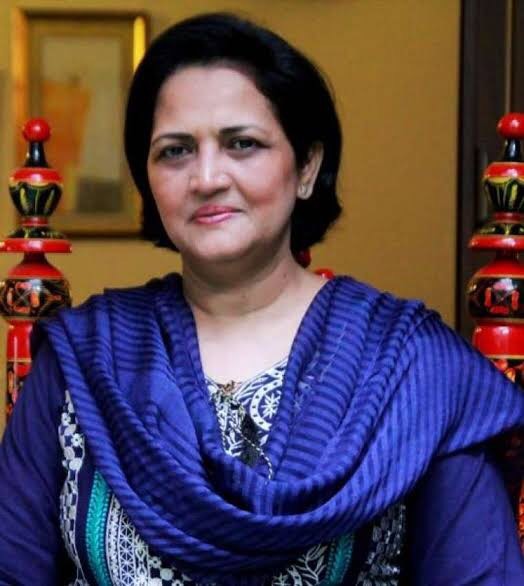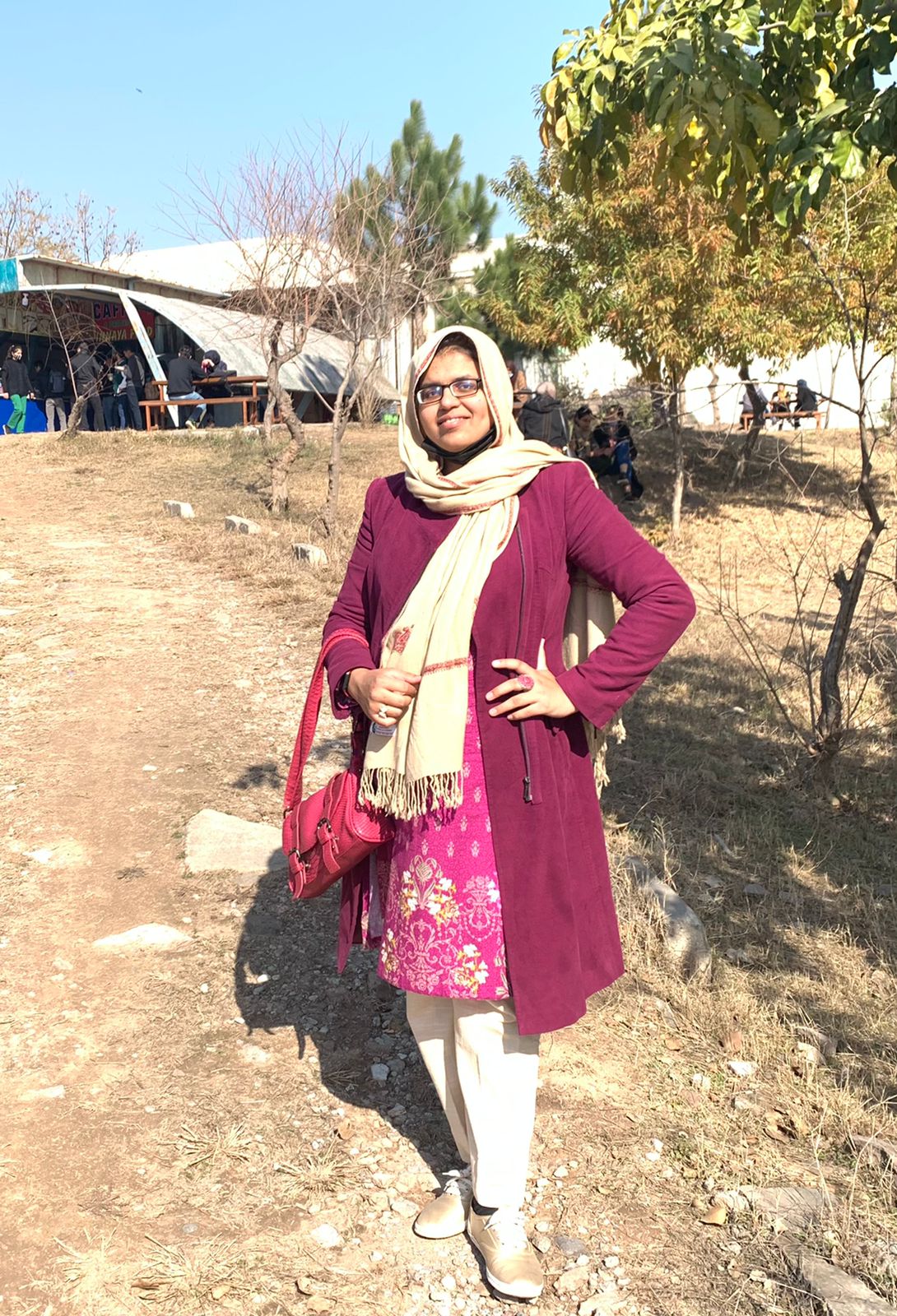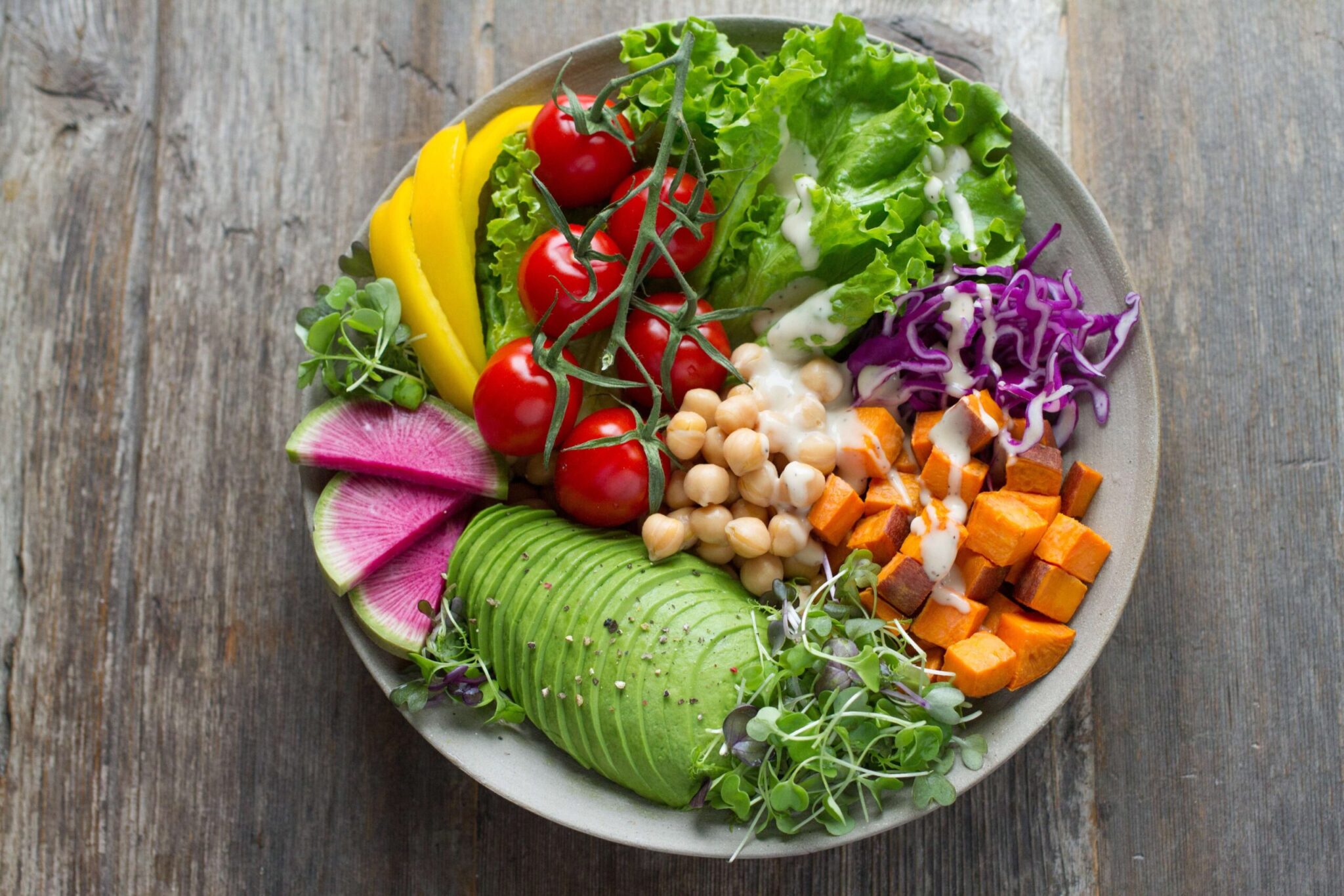Dr. Shagufta Feroz graduated in 1984 and kick-started her career later in 1988 as a private medical practitioner. She was inclined towards healing with nature from a very young age, and therefore, she specialized in Family Medicine, Holistic Nutrition, Lifestyle, and Integrative Medicines. She is the founder of the Synchronized Lifestyle Modification Program and author of “Living as Nature Intended.”
After 15 years of clinical practice, Feroze recognized the role of a healthy lifestyle in the prevention and reversal of diseases. That realization forced her to switch from drug-dependent medical practice to drugless integrative medicine. Now, for the past 16 years, she is managing a variety of patients through Synchronised Lifestyle Modification (SLP). She uses her knowledge to convert table foods into a remedy by applying her 8-Rules of correct eating.
After 15 years of clinical practice, Feroze recognized the role of a healthy lifestyle in the prevention and reversal of diseases. That realization forced her to switch from drug-dependent medical practice to drugless integrative medicine. Now, for the past 16 years, she is managing a variety of patients through Synchronised Lifestyle Modification (SLP). She uses her knowledge to convert table foods into a remedy by applying her 8-Rules of correct eating.
She is a regular speaker at various academic institutes, health forums, doctors forums, and training institutes. In 2015 she spoke at TEDx Lahore on the importance of a healthy lifestyle for the young. She utilizes the power of print, digital, and social media to spread awareness for healthy eating. She has also appeared in over 100 TV health shows.
Team Scientia Pakistan caught Dr. Feroze and interviewed her for its special edition, “Being a professional in the pandemic.” Below is her conversation with Aniqa Mazhar on how a healthy diet and nutrition can help control COVID-19.

Aniqa: Can Covid-19 spread from food? If so, which foods should be avoided during the virus outbreak and which should be specially taken? Are dietary supplements of any use against the virus?
Dr. Feroz: It is not proven that Covid-19 can directly spread from the food until and unless the food is being used or is being transported or carried by someone who is Covid-19 positive. Still, all those foods, which are processed foods or food with naked calories, can suppress immunity and make a person more prone to Covid-19.
Dietary supplements are not very effective, but yes, Vitamin C is good, and the best supplement is that one gets Vitamin C from fruit.
Aniqa: Having a proper balanced diet can substantially help a person from not contracting the virus. To what extent is this true?
Dr. Feroz: I never use the word ‘balanced diet.’ It is actually how the person is taking the food. So I talk about ‘correct eating,’ ‘dietary discipline’ etc. If your food is not balanced but is taken correctly, it helps and supports immunity. So, indirectly, a person becomes secure against viruses, and there is less risk of contracting Covid-19.
Aniqa: It is the month of fasting, and people prefer cold beverages in Suhoor and Iftar. Does it increase the risk of getting infected? Or does fasting help us against Coronavirus as it does against certain other diseases?
Dr. Feroz: I strictly inhibit the use of these cold beverages. By taking these cold drinks, you drop your core temperature, which is crucial regarding the maintenance of immunity. There is a research done by Leeds University which says that if the internal body temperature drops from 37 to 33 degrees centigrade, there are strong chances of growth of various viruses. So it is not specifically against Coronavirus but against viruses generally.
I don’t think that fasting will help get rid of Coronavirus or it will have a protective role. Coronavirus, I have seen, affects those who are already carrying comorbidities or who carry poor immunities. So, a weak person cannot fast, and if a vulnerable person is fasting, he or she might get more risk towards Covid-19.
Aniqa: What do you suggest for the diet of the people who have contracted Coronavirus and are undergoing symptoms?
Dr. Feroz: I suggest them to take yakhni (broth or stock) and warm drinks like black tea with some sugar and lemon, green tea or warm water, soups, half-boiled desi (organic) eggs, or toast with shorba (soupy) type of salan (curry).
Aniqa: Most restaurants and food suppliers have taken strict measurements regarding hygiene and social distancing and reopened. Is it safe to order from them?
Dr. Feroz: Regarding restaurants and food supplies, I can’t comment because there are so many factors involved while we put an order for home delivery of food. So, I don’t think that it should be so frequently practiced.
Aniqa: What has increased more during lockdown, malnutrition, or obesity?
Dr. Feroz: Lockdown has had people develop the tendency of putting on weight because they are under stress, and there is no discipline. They are sedentary; there is less physical activity, so they are adding weight.

Aniqa: Have you had more or fewer patients since the pandemic? What are some of the most common queries?
Dr. Feroz: My specialty is integrative medicine and lifestyle medicine, and food is one of the components, so I am dealing with already complex or complicated or terminal patients. But definitely, I do get patients who want me to tell them about preventive or immune-enhancing foods. Their queries are about the foods that should be taken to enhance our immunity.
Aniqa: Regarding public nutrition during the lockdown, which country is managing the best, and how?
Dr. Feroz: I believe China is managing the best preventive measures because they follow the basic principles of Traditional Chinese Medicine (TCM). I have done a small diploma in this branch of science also and its approach is entirely different. They work on the correction of basic chemistry, core temperature and immunity enhancement.
So, the Chinese have the best knowledge. None of the other countries even have a sense of describing the right food to the patient or coronavirus prevention.
Aniqa: What effects have the pandemic put on the food industry and agriculture globally?
Dr. Feroz: I believe that the pandemic has some positive effect on the food industry in terms of better control of these junk foods and people are now forced to take home-cooked meals. So there is less consumption of food from outside. Regarding agriculture globally, I’m not very sure, but I think definitely, because of other restrictions, agriculture would have been affected.
Aniqa: Do you think that the awareness and prevention campaigns on media against Covid-19 are highlighting the importance of nutrition?
Dr. Feroz: Definitely! I have been using my social media and the most hit post which got viral, the marketing people say, had 60 million views. This was about the prevention and awareness of Coronavirus. So not only nutrition but we have to advise people on how to organize their daily routines as well. People need to utilize this time to do family bonding and give much time to religious and spiritual aspects of life. We need to let people know that they have to incorporate nutrition and to integrate exercise into their routines. People basically have to modify their routines.
Also, Read: A conversation with Dr. Micheal Gale Jr. on Coronavirus vaccine development

Aniqa Mazhar is a graduate of QAU in Biochemistry. She has taught sciences to O levels and is currently planning for her MS in Food Technology. Aniqa’s hobbies are reading, watching movies, writing, calligraphy, long walks, and nature photography.

